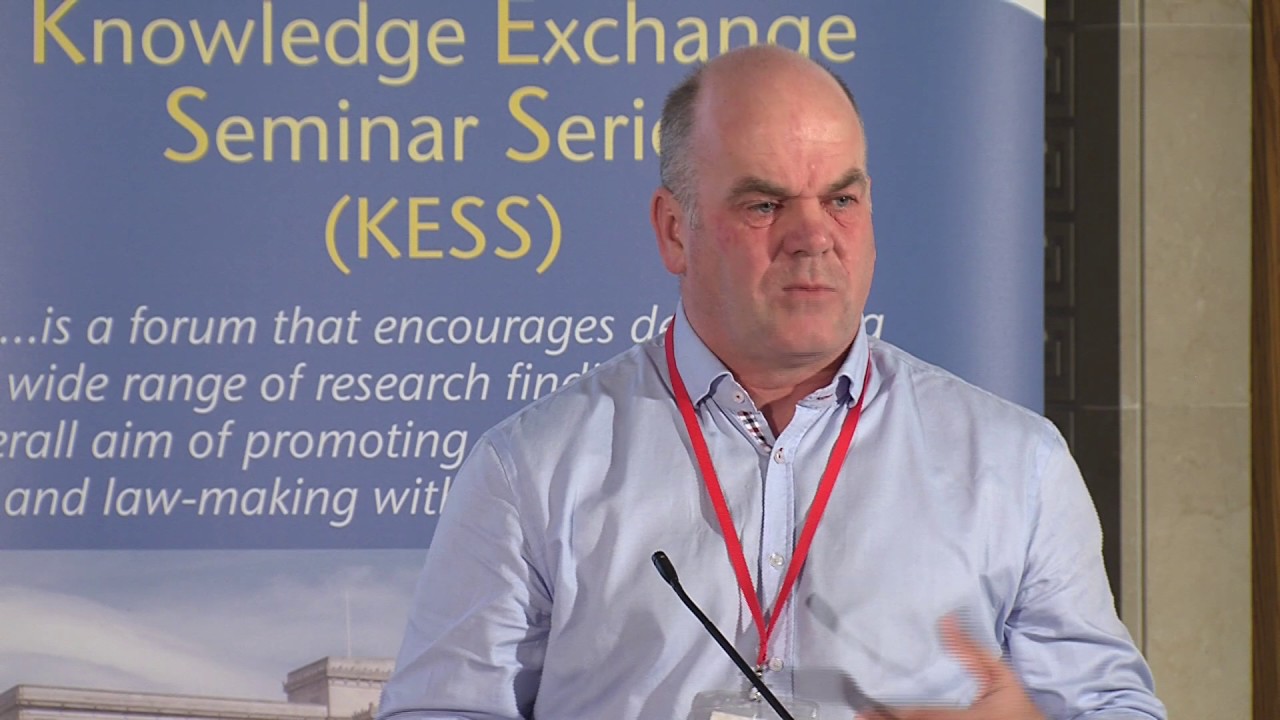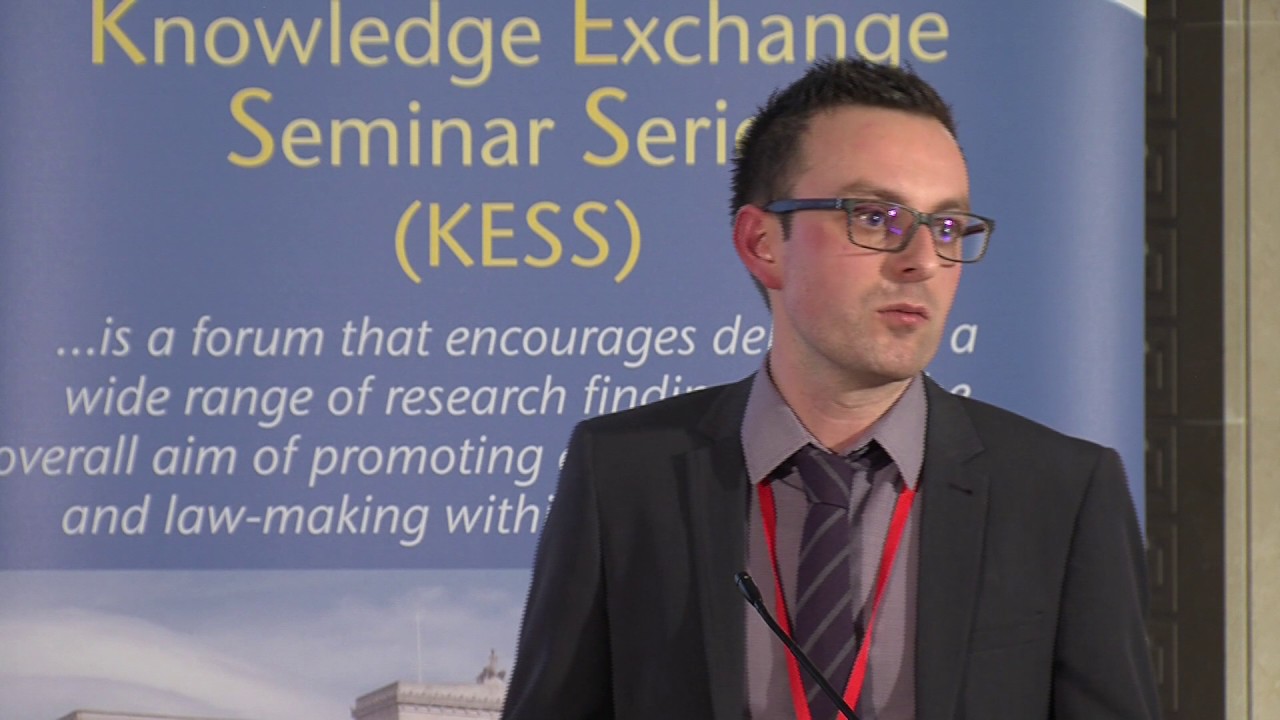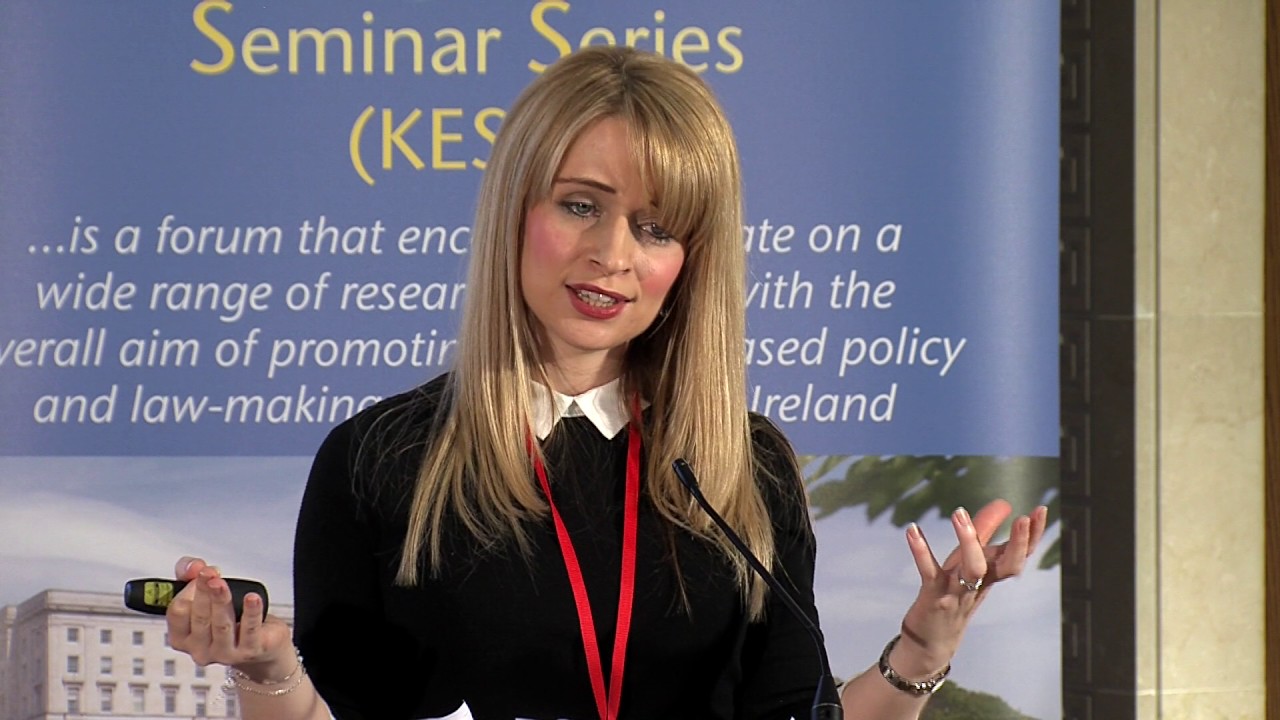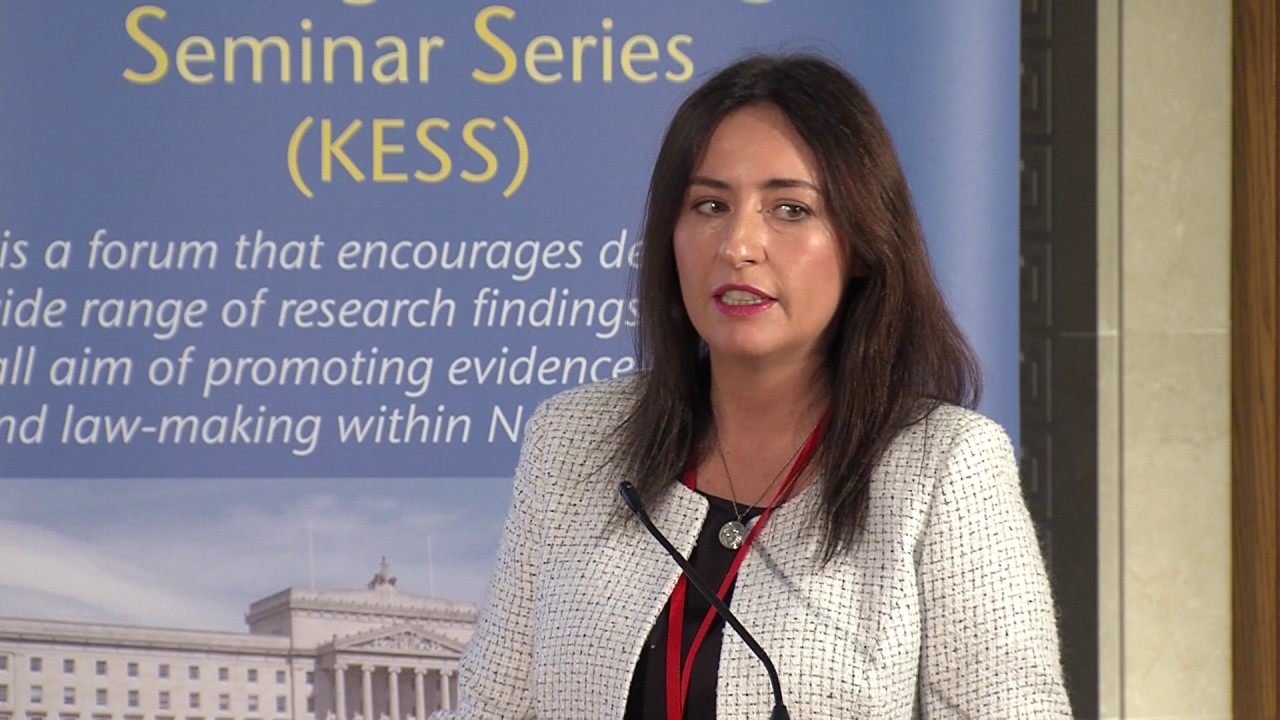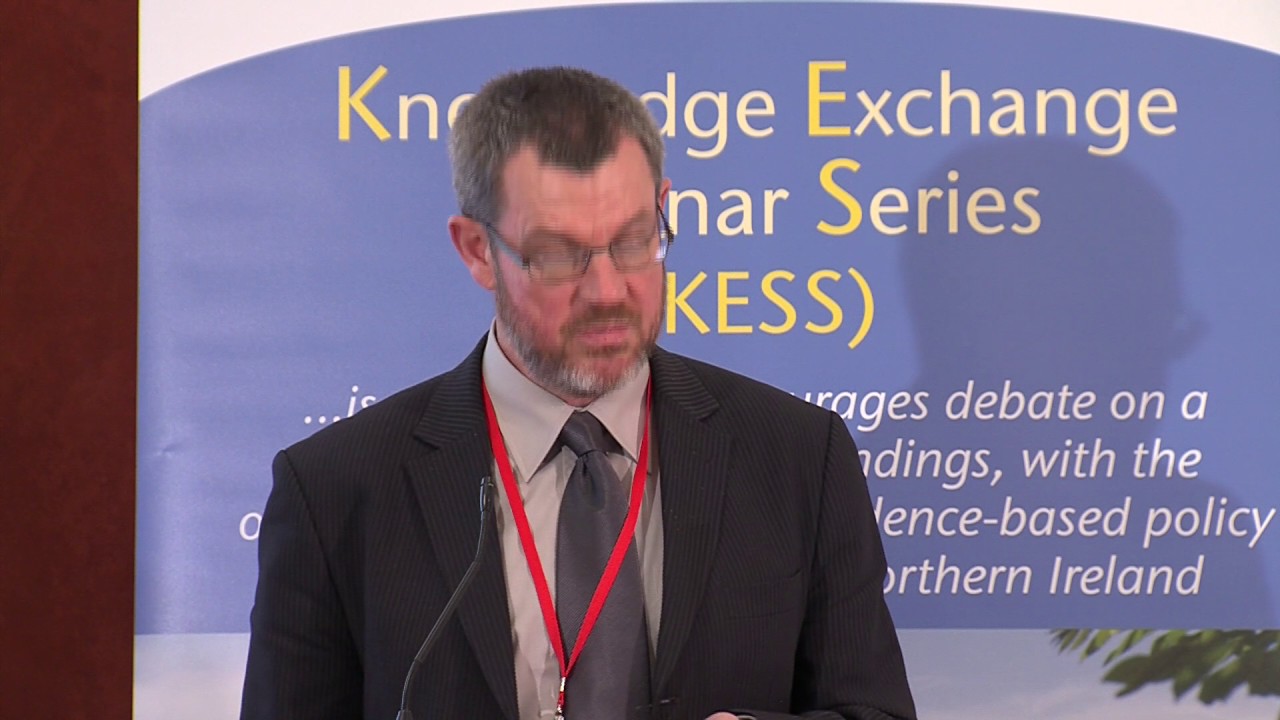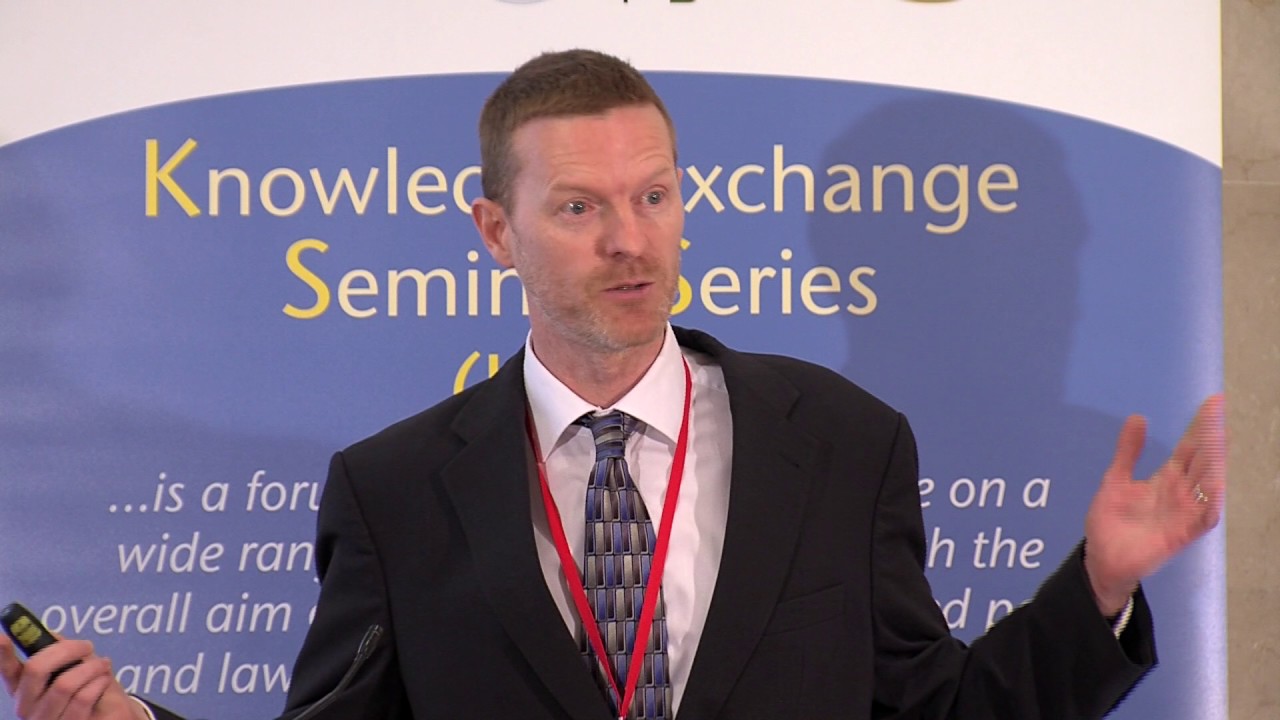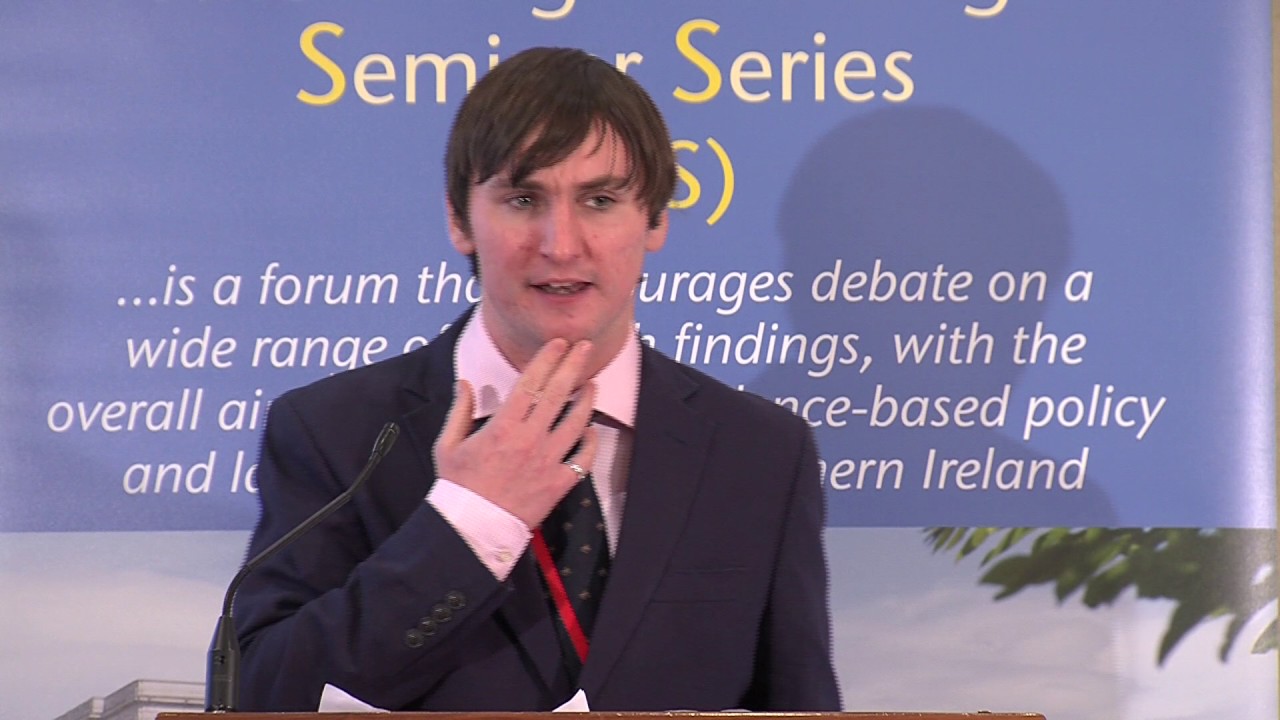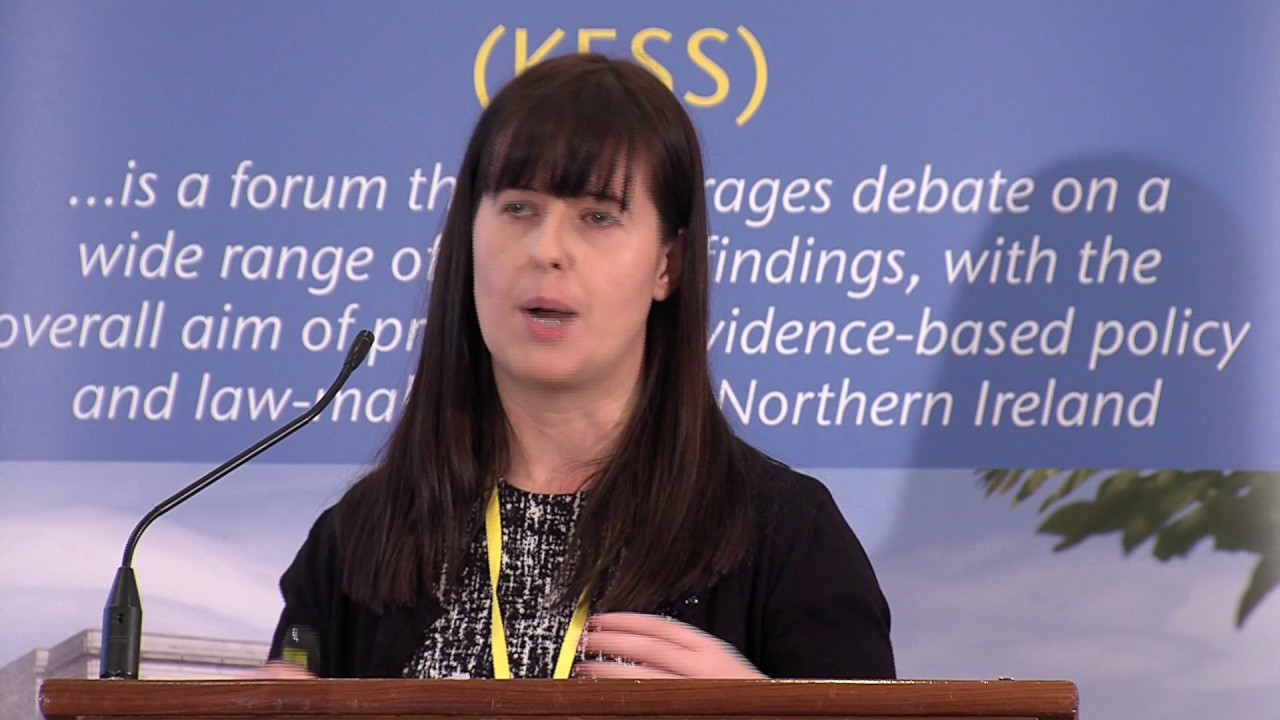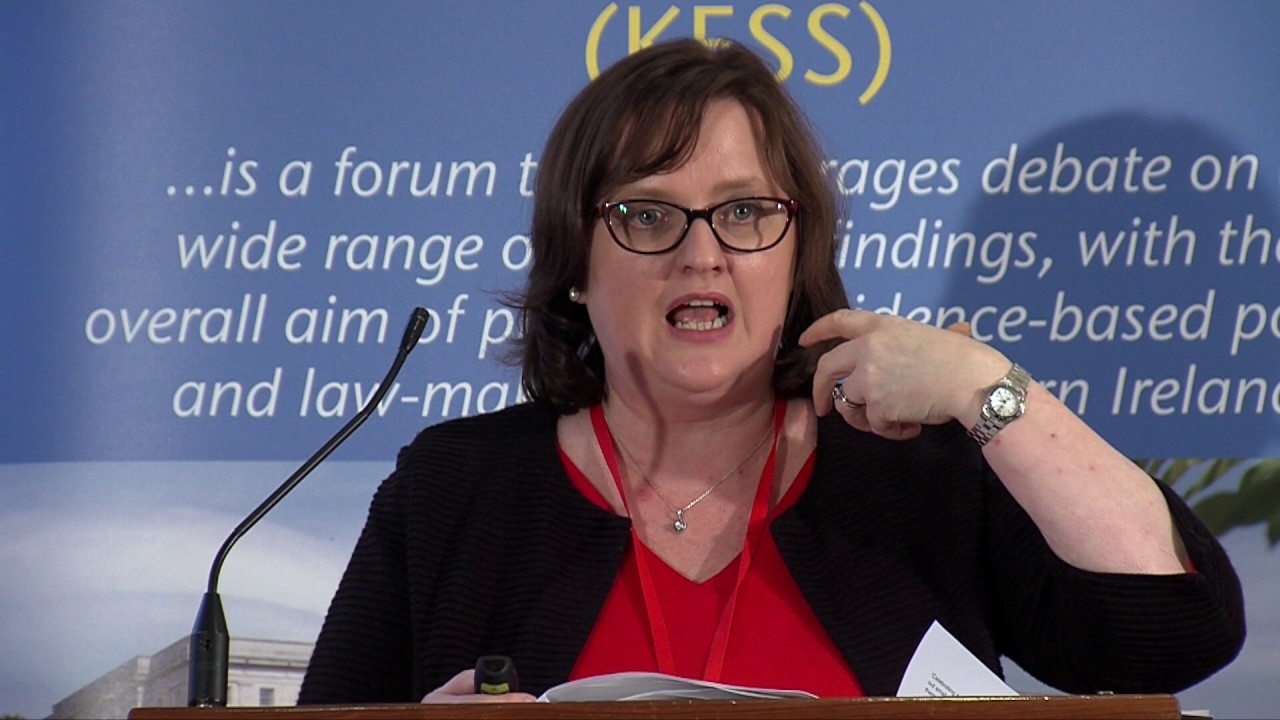Examining the difference in how residential facilities support people with intellectual disabilities with challenging behaviour and/or mental health problems live in the community
Prof Owen Barr, Dr Elizabeth Gallagher, Dr Laurence Taggart, Prof Siobhan O’Neill and Prof Angela Hassiotis (University College Limerick), Mr Paul Webb (Praxis) Over the… Read More »Examining the difference in how residential facilities support people with intellectual disabilities with challenging behaviour and/or mental health problems live in the community




